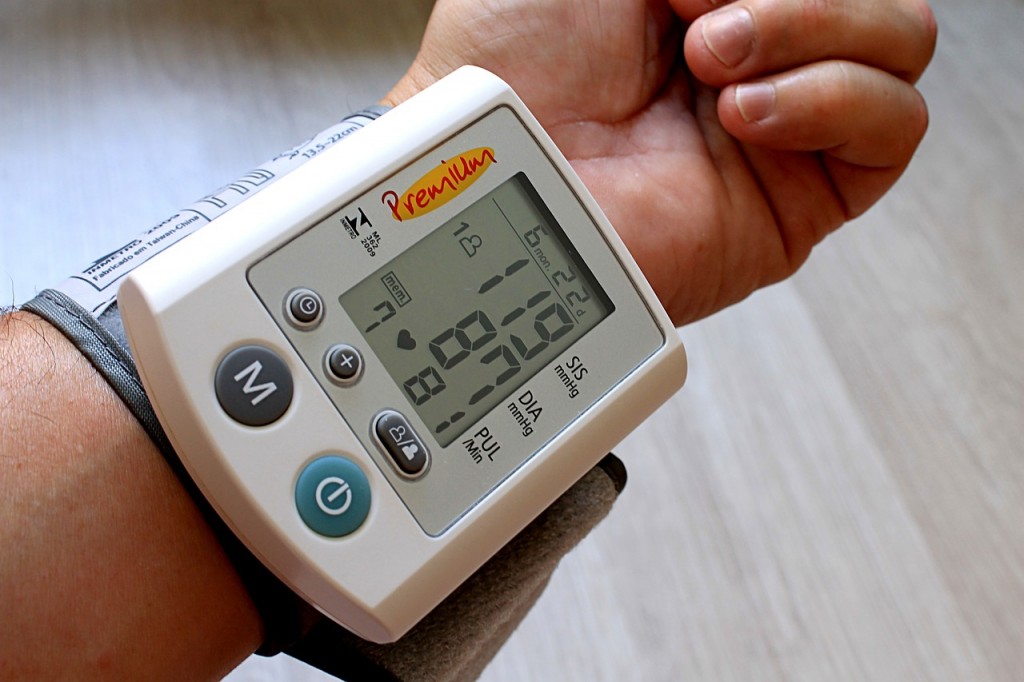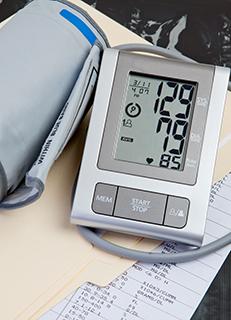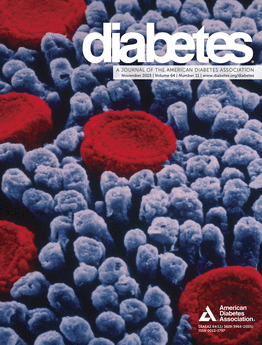DALLAS, Aug. 2002 � Within three days of birth some babies exhibit a unique response to salty taste � and the response is strongest in babies who have at least one grandparent with a history of hypertension, according to new research reported in today's rapid access issue of Hypertension: Journal of the American Heart Association.
Healthy babies who had a "preferential response" to salt taste � measured by a relative increase in sucking activity � and who had at least one grandparent with a history of high blood pressure had "blood pressures that averaged 5 millimeters of mercury (mmHg) or more higher than babies who had an aversive or neutral response to salt," says lead author of the study, Stephen H. Zinner, M.D., chairman of medicine at Mount Auburn Hospital in Cambridge, Mass. and professor of medicine at Harvard Medical School.
This study suggests that salt taste response in newborns might be a "proxy measure of salt sensitivity," he says.
Zinner and colleagues tested 283 healthy babies to determine if their sucking response to taste of salt or sugar was associated with a difference in blood pressure. "Very importantly the response to sweet taste had no relationship [to blood pressure], so there is something apparently specific to the response to salt taste that may be linked to blood pressure," he explains. "These babies were not fed salt. They were exposed to a tiny salt or sugar taste stimulus on the tongue."
Because blood pressure is not routinely measured in healthy newborns, Zinner and his colleagues did not compare blood pressure measurements to normal or set values as would be done in adults. Instead, they grouped infants based on the sucking response to water, water and sugar and water and salt taste. The rate of sucking was measured by the rate of sucking that followed each stimulus � increased sucking indicating a preferential response and decreased sucking an aversive response. The response was measured using a recording device connected to a specially designed nipple that delivers microdrops of the fluid at a time.
Continue Reading Below ↓↓↓
Blood pressures in the groups � aversive salt taste response, preferential response, and neutral response � were measured and compared.
Sixty-seven of the 234 babies available for follow-up blood pressure measurements at one- month had preferential salt responses. Compared to babies with aversive responses to salt, diastolic blood pressure averaged 3.1 mmHg higher and systolic blood pressures averaged 3.3 mmHg higher in babies who demonstrated a salt preference. The systolic pressure is the first or higher number in a blood pressure reading while diastolic, the second number, is the lower number.
In newborns with a salt preference who also had a grandparent being treated for high blood pressure, their average diastolic pressure was 5.0 mmHg higher and average systolic pressure was 6.7 mmHg higher than babies with an aversive response. At one month of age, blood pressures were still 3.8 to 9.6 mm Hg higher in these babies who had preferential responses as newborns.
Hypertension experts have linked salt intake to high blood pressure in some adults, especially those who are considered salt-sensitive, meaning that even low levels of salt trigger increases in blood pressure, but Zinner cautions against making the leap from salt taste response in infancy to hypertension in adults.
He says it is would be premature to suggest that neonatal testing can identify individuals at risk for adult hypertension.
Co-authors were Stephen T. McGarvey, Lewis P. Lipsitt, and Bernard Rosner. The research was partly by funded the National Institutes of Health.
Source: American Heart Association









